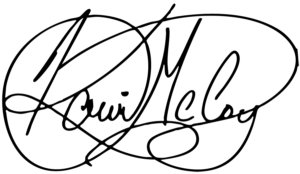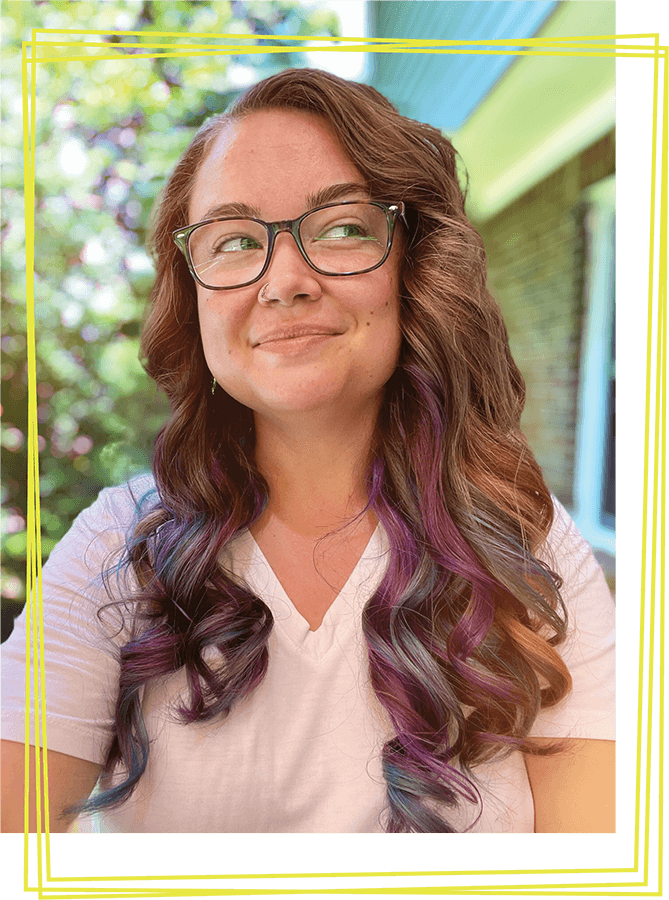The Paywall Around Progress: A Plea to Widely Restore Access to Knowledge
For centuries, knowledge has been humanity’s most sacred inheritance. Each generation passes forward what it has learned, and the next builds upon it—that is the very definition of progress, the thing that sets us apart as a species.
And yet somewhere along the way, we began confusing progress with profit. We built gates around our libraries. Today, the pursuit of knowledge often comes with a lifelong financial burden—for hundreds of thousands, even decades. Education has become a privilege, not a right. I don’t believe that was our intention as a society.
The Smoke We’ve Learned to Ignore
So much of our culture praises the idea of rigorous, accredited study—but rarely do we question who gets left out. The brilliance of individuals from underfunded communities, those working multiple jobs, parents, caregivers, and those without generational wealth is being drowned out.
Here are the facts:
The total U.S. student loan debt now exceeds $1.75 trillion, and average undergraduate borrowers owe nearly $29,400.
Nearly 10% of federal student loans are in default, with over 4 million borrowers seriously delinquent.
Every 28 seconds, someone defaults on a student loan.
These are not distant numbers—they are everyday lives affected by what should have been knowledge made accessible, not inaccessible.
And I’ve felt this personally. Not long ago, I considered pursuing a Ph.D. in experimental psychology, because I deeply wanted to study how stories shape identity. But to even apply, I would first need a Master’s degree. Then there were the five to seven years of Ph.D. work itself. After all that time, all that cost, and all that debt, the career opportunities would likely pay only around $80,000 a year. When I factored in that I already hold two Associate’s degrees and a Bachelor’s—each of which left me with debt to pay down—the idea of stepping back into that cycle felt impossible. Here I was, burning with passion to learn and contribute to the future of psychology, but financially locked out.
That’s the tragedy: it’s not intelligence, dedication, or curiosity that decides who gets to learn at the highest levels. Too often, it’s simply who can afford it.
Imagining a Future Where Knowledge Isn’t Locked Away
Yet this need not be how progress happens. What if we dared to reclaim education as a common inheritance rather than a paid privilege?
Say knowledge is freely shared, in written or digital form, and mastery is demonstrated through transparent testing—credential granted by skill, not bank balance.
Treat higher education like primary and secondary schooling, available to all without cost, foundational for citizenship and innovation, with more specialized branches available to those who wish to dive deeper.
Reframe businesses as educators, valuing curiosity and adaptability, committing to teaching employees rather than recruiting already-certified talent with debt in tow.
A Closing Plea: Lift the Gate
This is not a devaluation of education’s importance—it is a plea to remember its purpose. University rigor, mentorship, and learning have deep value. But locking that value behind costly walls betrays progress.
Knowledge should unite us. It should not divide us.
Let’s choose differently. Let’s dismantle the paywall and rebuild universities as gateways—wide open, welcoming, and grounded in the belief that progress depends on everyone’s access to learning.
Because the real tragedy isn’t that knowledge costs money. It’s that we believe it should.


